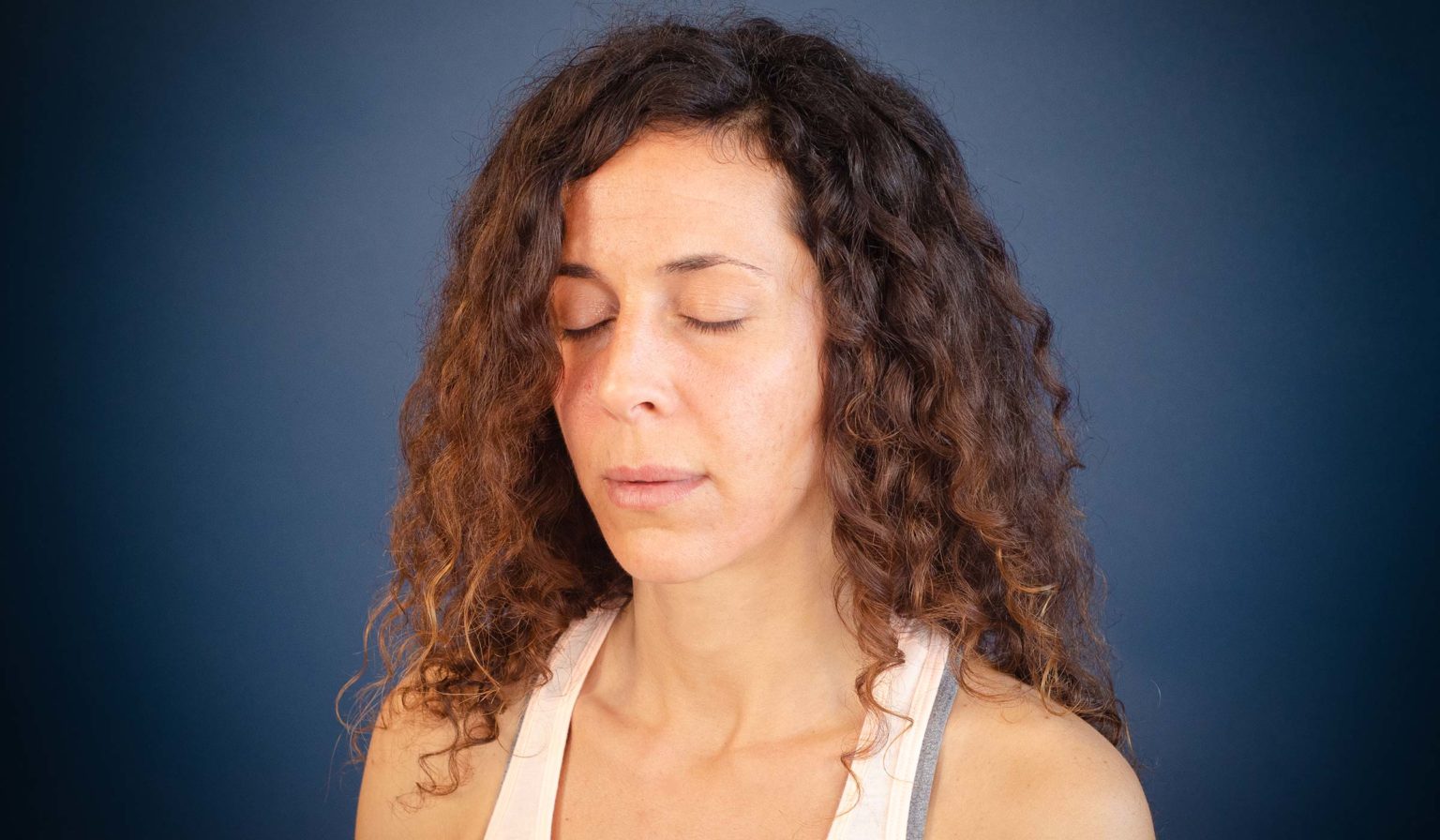You have taken up meditation. But your thoughts are going off in all directions, and it seems an impossible feat to stay focused. You start doubting. To stay motivated, you need verifiable signs that you are on the right path. But how do you know you are really meditating?
Everyone who meditates has wondered if they are doing it right. And several signs can tell you if you are. Look for these six cues.
1. You are aware that you are meditating
Meditation involves focusing your attention on an anchor point. It can be your spontaneous breath, the sensation of your body, a mantra or something else. As a beginner, you are likely to notice that it is quite tricky to stay with your anchor point. Your mind quickly goes off elsewhere. You might be frustrated by that and take it as a sign that you are not meditating correctly.
In reality, for open awareness style meditation (mindfulness for example), the anchor point is a reference point rather than a concentration object. When you meditate, you should expect to lose touch with it. What you are training is the ability to be aware of the mind going elsewhere, maybe even forgetting about what you are doing—and then bringing your attention back.
Thus, the first sign that you are meditating is that you are aware of the fact that you are thinking about other things. There is a crucial difference between that and being unconsciously lost in thoughts.
2. You stay motionless, and finish what you start
One crucial prerequisite for meditation is a passive attitude. That means that the moment you start taking action based on what you are experiencing, then you are not meditating any more. So if you decide during your meditation that you need to scratch your back or move your legs then at those times you are not meditating, you are giving in to restlessness.
Should you decide that what you are doing is nonsense and you stop your meditation early, that’s a sure sign you have lost your passive attitude.
The question we are trying to answer is “How do you know you are really meditating?” The second sign that you really are is hence that despite discomfort, doubt and self-critical thoughts you go through with your meditation and finish it as you planned.
3. The quality of your thoughts changes
When you start your meditation, your mind will be dominated by thoughts related to your immediate environment, the meditation itself and whatever you did just before starting your meditation. You could think about the pose you are sitting in or ask yourself if it was a good idea to leave the window open. You could think about if you are getting meditation right or if you are wasting your time. Maybe you will criticise yourself for taking time off instead of working.
Observe these thoughts and relate to them as mental processes rather than truths. Then your mind will soon be done with them. At that point, other kinds of ideas and emotions will take over.
Thoughts may come relating to your general life situation. An uncomfortable incident with your boss a few days ago could come to mind, or issues with your wife or your children. You might think of a test you are going to do in the near future or about your vacation that is a month away.
If you go on just observing these thoughts without any judgment, the meditation process will go on, and your thoughts will become more symbolic and dreamlike. States emotions and memories from long ago can arise. As the meditation becomes more profound, your subconscious starts to open up.
By measuring the electrical activity of your brain, a scientist detects brain wave patterns associated with deeper and deeper states. The progressively more profound content of your mind correlates with these brainwave patterns.
So, if you notice that the quality of your thoughts is changing, that is a sure sign that you are in fact meditating.
4. You become drowsy
Becoming tired or even falling asleep is not a goal in meditation. But it is a success sign for beginners. When you manage to activate the relaxation response that is triggered by meditation, your body goes into a restorative mode. If your sympathetical nervous system has been overactive, you could get a reaction the other way once you start relaxing.
If you are suffering from stress and anxiety, you may experience the following. First, you might find it challenging to deal with restlessness. You might not be able to resist the urge to adjust your sitting position, scratch yourself here and there or clear your throat repeatedly. But then, the moment you actually start meditating for real, sleep overwhelms you.
You could also find yourself in a state where you are not sure if you are asleep or awake. You are capable of observing your thoughts but not to remember any of it. Such drowsiness or even sleep is a sign that tells you that you were meditating. It is a positive sign if you are starting out, but it is something that you should overcome.
5. The feeling of your body alters
When you change your state of consciousness during meditation, you might perceive familiar sensations differently. As a novice meditator, you might find these new sensations dramatic and uncomfortable. But you will quickly get used to it.
You might feel like your body is much bigger than usual or the soft sound of your breath might all of a sudden appear a lot louder. A slight disequilibrium in your position can also be amplified and give the impression that you are leaning. You could feel gentle tinglings and sparkling sensations. All this is your usual body experienced with more than usual awareness.
If you notice unusual physical sensations, then that is yet another cue that indeed you are meditating.
6. You no longer identify with the content of your mind
At the beginning of a meditation, it can feel as if you are spending your time battling your thoughts. Your thoughts feel very dense and very much like they are part of you.
But then, you might notice that your thoughts get less and less invasive. You become capable of separating your thoughts from yourself. Now, you are not your thoughts; you are the observer of them. The mental activity comes and goes, but you no longer need to protect yourself from it.
When you make this distinction, and when you no longer identify with your thoughts, that is a vital success sign. That is the sixth sign that helps you verify that you are really meditating and not deceiving yourself.




